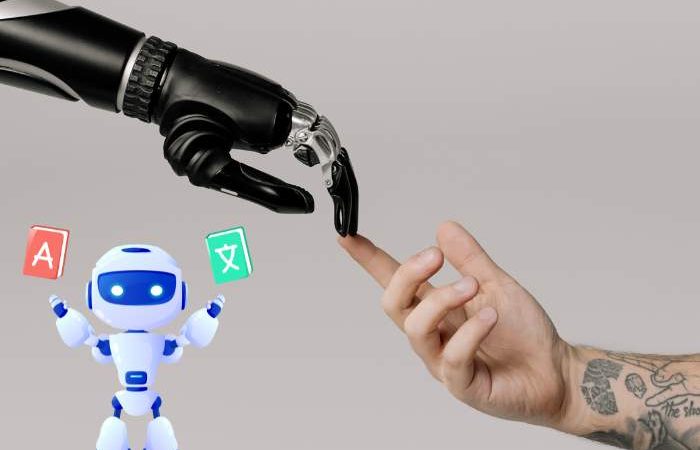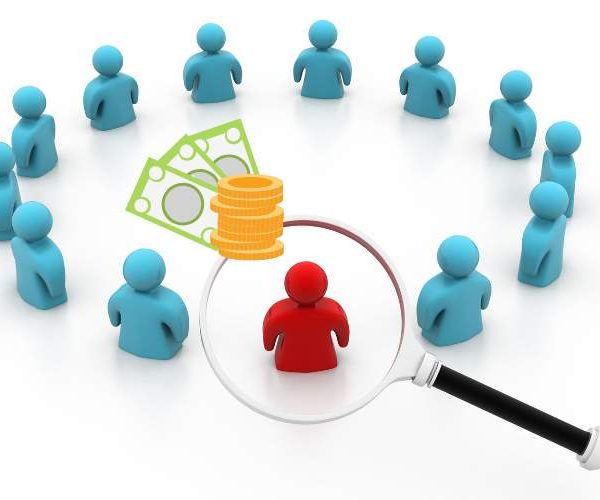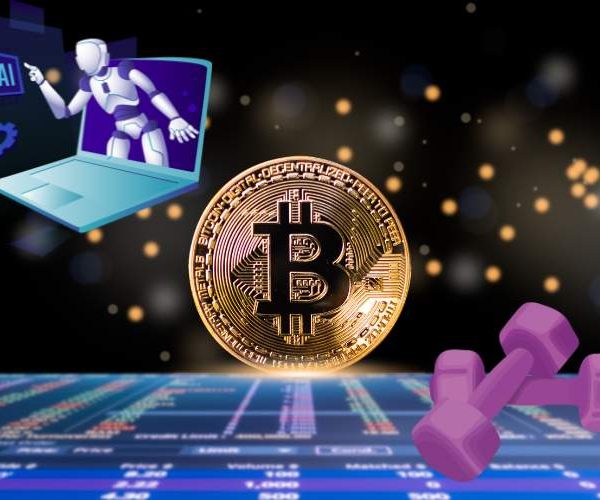
AI Could Boost World Economy by Over $15 Trillion in 7 Years
Artificial intelligence (AI) is rapidly changing the world as we know it, and according to a report by Bank of America, it could boost the global economy by up to $15.7 trillion by 2030. The report, titled “Thematic Investing,” predicts that by better utilizing data, AI could have a significant impact on the world economy in the next seven years.
The Global AI Market
Bank of America’s head of Global Thematic Investing Research, Haim Israel, predicts that the global AI market, which includes software, hardware, and services, could reach $900 billion by the end of 2026. This growth is significant, and it’s no wonder why AI is being compared to the iPhone and the Internet boom of the past.
Democratization of Data
According to Israel, AI’s impact on the world is due to the democratization of data. More data is now created in an hour than was made in an entire year just two decades ago. This rate of data production is expected to double every two years. Additionally, as generative AI becomes adopted by the masses, society can better capitalize on the produced data.
Unprecedented Mass Adoption
AI is now more accessible than ever before, and people are quickly adapting to how to use it. With new generative AI applications being developed at a never-before-seen rate, AI is being adopted by the masses.
Warp-Speed Technological Development
AI technology is developing exponentially, with computing power to train AI datasets doubling every three months, outpacing Moore’s Law by six times. In the past four years, the number of parameters for large language models grew 1,900 times. And within a decade, AI models could be 1 million times more powerful than ChatGPT today.
Abundance of Commercial Use Cases
With AI’s growing power and accessibility, there is an abundance of commercial use cases. AI is being used across industries to improve efficiency, productivity, and innovation.
Read Also: AI in Food and Beverage Industry: Use Cases & Benefits
The Value of Data
Every person generates about 1.7 megabytes of data per second, which Israel said equates to approximately 2.5 quintillion bites of data produced by humans daily. Data is knowledge, and currently, people use only around 1% of the data produced. The economic value is immense if that percentage could be increased to 2% or 3%.
Challenges Ahead
Despite the potential economic benefits of AI, there are also challenges. Training a single AI model could emit about 284 tons of carbon dioxide – five times the average car’s emissions in its lifetime. Additionally, managing the electricity required for AI will become increasingly challenging.
Conclusion
AI is a revolution that is changing the world, and it’s only just the beginning. With the potential to boost the world economy by over $15 trillion in just seven years, AI is a game-changer. While challenges lie ahead, the benefits of AI are significant, and it’s up to society to navigate these challenges and maximize AI’s potential.






















